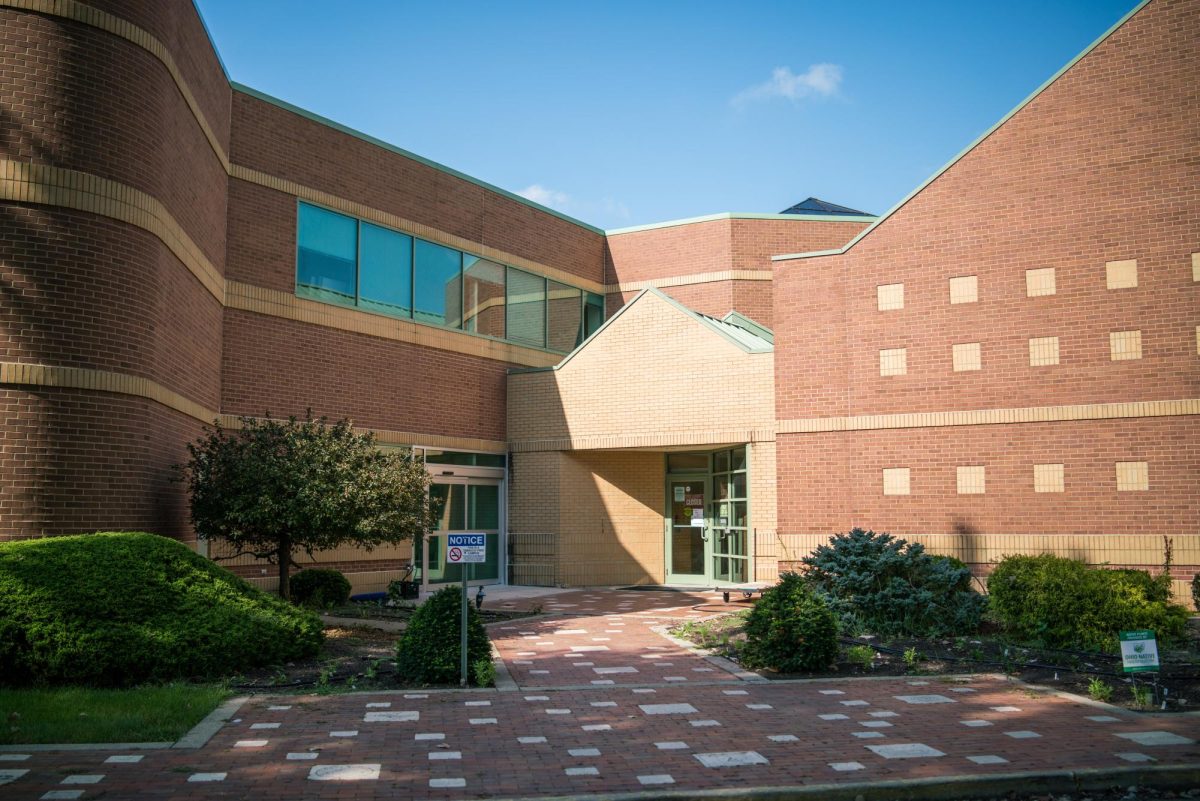In opposition to the state of Ohio’s decision to permit hydraulic fracking, residents and College students hope to reclaim the legal ability to prevent pipeline installations throughout the Oberlin municipality.
With several resolutions of support from the Oberlin City Council, the Committee for Safe and Sustainable Energy drafted and proposed the Community Bill of Rights and Obligations, also known as Issue 16 on the Nov. 5 ballot.
The bill, which CSSE spent several years collaborating with a local law group to write, prohibits corporate oil and gas drilling, as well as the transportation or disposal of waste within city limits. Many who helped author the bill –– which is committed to preventing the environmental hazards caused by fracking –– discuss its goal within a larger political framework: the right to local self-governance.
“The bill recognizes the overreach of corporations and their influence on the governmental process,” said committee member John Elder. “They deprive communities of their right and responsibility to the health of their community.”
This issue of self-governance is a “hot topic,” according to Elder. Just a over a month ago, the Oberlin City Council reluctantly agreed to allow guns in public parks after several pro-gun-carrying Ohioans fought it and the state law won out.
“Since the gun issue, all the city council members have spoken in defense of home rule and have asked the state to return to us local control,” said Elder.
Oberlin College Anti-Frack, a group founded by College students, has also supported the CSSE’s efforts to write Issue 16 into law. Although they educate and organize students and residents in preparation to canvass, going door-to-door informing residents about the bill, Anti-Frack does not actively support Oberlin College students to register here and vote on it.
“It’s an assertion of local rights and should not be passed by students,” said College sophomore and group member Daniel Goering.
The Bill of Rights and Obligations joins a larger movement permeating the country with its model. According to fellow committee member and College Senior Sam Rubin, anti-frack groups are proposing similar legislations in four other Ohio cities.
“It holds us to a stricter standard that then bans fracking,” said Rubin, who argues that the bill expands human rights.
However, opinions on the matter are hardly homogenous. Both Lorain County’s Chronicle-Telegram and the Oberlin News Tribune have published opinion pieces in opposition to Issue 16. In a letter to the Tribune by town-resident Aliza Weldenbaum, describes the bill as “a poorly thought-out idea.”
Those in support express hope for the bill to pass and thrive. According to an unofficial OC Anti-Frack recent poll, approximately 40 percent of residents reported that they plan to vote in favor of Issue 16 while 4.5 percent said that they would vote against it.
Although she noted the some potential legal risks, Rubin remains confident. If the bill, which contradicts the state, passes, Rubin predicts that neither the state nor corporations will put up a fight.
“There has been a real reluctance to challenge these bills,” said Rubin. “It would be like saying, ‘Our right to make a profit and control your community is greater than your right to democracy, clean air and water, and a flourishing community.’”
Because no formal survey has been administered, the outcome of issue 16 in next week’s election remains uncertain.






